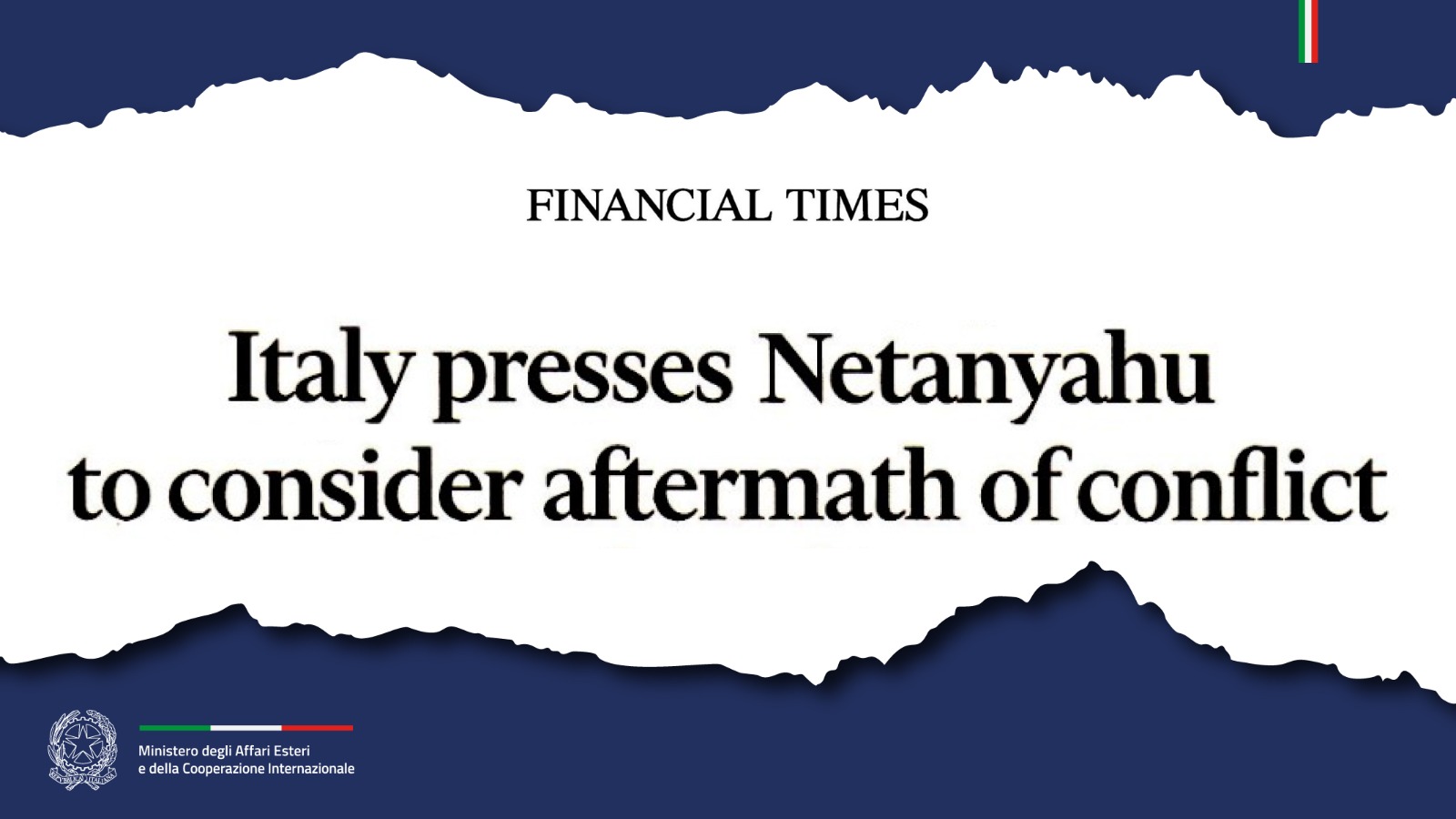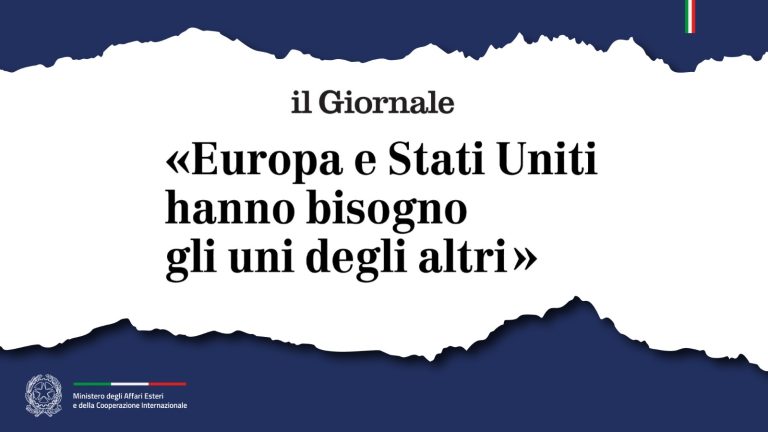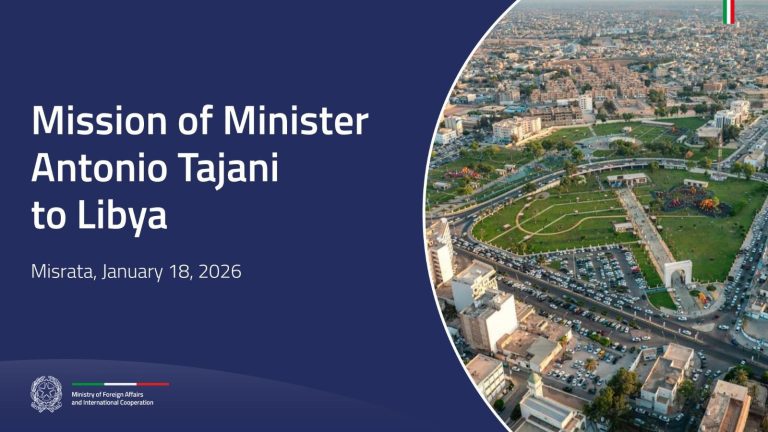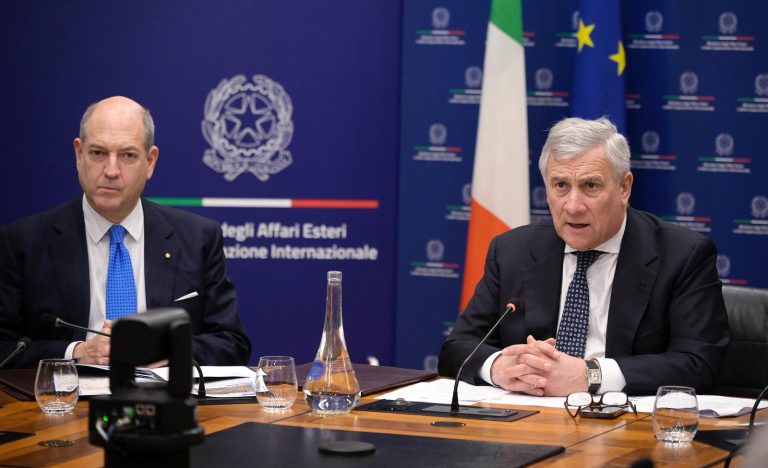Italy’s foreign minister has urged Israeli Prime Minister Benjamin Netanyahu to use the four-day pause in hostilities in Gaza to consider the region’s political future, once the active phase of the conflict is over.
Antonio Tajani told the Financial Times the Israeli government needed to talk to its closest allies on the next steps, saying: “Israel must dismantle the military and terror structures, but it must already think about the aftermath. Who will rule Gaza? Who will take care of 2mn Palestinian citizens? How can Israel resume its political engagement with the Arab countries of the region?”
He added that Italy was working with friendly Arab countries, starting with Egypt, to find “a possible political and diplomatic exit route from this military phase”.
Tajani proposed that a “UN administration”, backed by international peacekeepers, could run Gaza for several years after the war ended, while giving time to work towards a long-term political solution to the decades-old conflict.
“Hamas wants all the Arab countries against Israel,” he said. “We need to achieve a solution for the Palestinians to have all the Arab countries against Hamas. The final goal is two peoples, two states but we need to pave the way for reaching this agreement. We are ready to do what we need to do for peace. Our goal is peace but for this we need time. First, we need to stop the war.”
He also urged Israel to respect international law, better differentiate between the Hamas militant group and Palestinian civilians and better safeguard civilian lives, which he said would be in Israel’s long-term security interests.
“We need to be very serious when we talk about the civilian population,” he said. “The message to Israel is please, it’s crucial to respect international law. But, at the same time, the message to the others is that it is a crime also to use the hospitals [for militant activities].”
Israel has accused Hamas of using tunnels beneath Gaza’s al-Shifa hospital for its operations and says it has unearthed some of these tunnels during the latest war. Hamas denies the claim. The minister said Israel needed to consider the international perception of its offensive against Hamas and the methods chosen in fulfilling what he said were legitimate security goals.
“I am a friend of Israel — I believe in Israel. After the Holocaust, it is the right of the Jewish people to have a state free and sure,” he said. “But if you want to also have public opinion with Israel, [you] need to have a proportionate reaction. This is important for Israel.
“The Palestinians aren’t criminals … Hamas is using the Palestinians. We need to attack only Hamas.” Tajani said he believed there were “too many extremists also in Israel”, specifically settlers in the occupied West Bank, where violence has escalated. Eight Palestinians were killed by Israeli settlers in the West Bank between the Hamas attack and November 18, according to the UN’s humanitarian agency, in what the European Commission has called “settler terrorism”.
Almost 200 people were killed in the West Bank by Israeli forces between October 7 and November 18.






